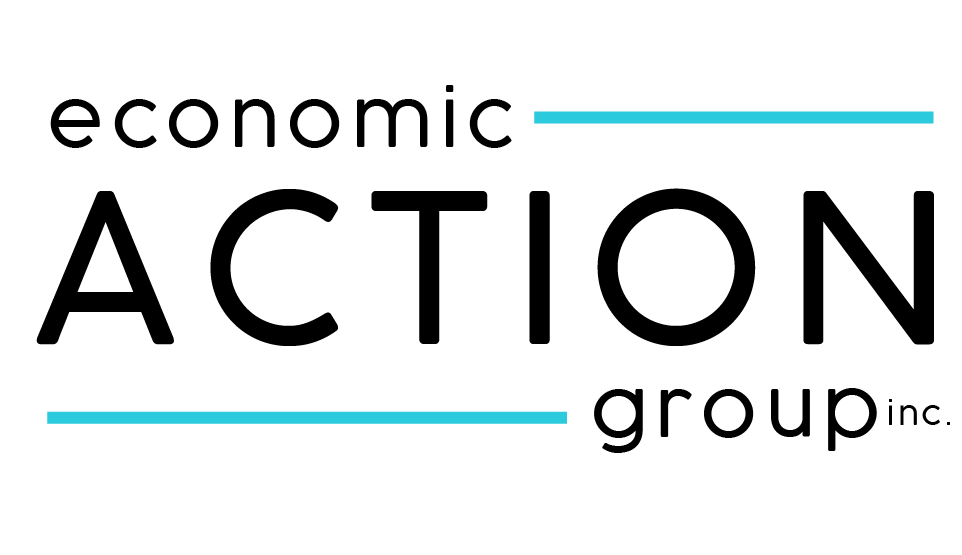Sector Analysis
For quite some time urban centers across the country have witnessed community and
economic activity dissipate as businesses relocated and commercial competition moved to
shopping centers. As a result, high vacancy with little retail is common in Downtowns. Typically,
cities do not know how to appropriately attract businesses because the development model
has preferred large, isolated properties. Demographic and cultural shifts are once again
bringing life to urban centers, however exploring business and entrepreneurial activities
remains difficult. One solution is to employ a market analysis from the ground up that involves
local business leaders, developers, and economic professionals. This analysis can pinpoint real
estate opportunities and locally initiated attraction techniques by focusing on the strengths,
assets, history, and unique nature of Downtown.
Downtown should prepare a market analysis that looks at residential, office, retail, services,
arts, restaurants, entertainment, lodging, and educational opportunities. A better understanding
of the market can lead to more in-depth analysis of the trade area, demographics, regional
economics, and consumer preferences that may provide out of the box solutions for niche
development and space usage.
Next Steps:
- Analyze Peer City Review in the Economic Development Strategic Plan
- Formulate metrics and data collection necessary to target retention, expansion, and attraction benchmarks
- Survey Downtown businesses regularly
- Encourage Infill Strategy
-
Create a core study group responsible for market analysis and benchmarks
Team:
Center for Urban and Regional Studies, Downtown Business Alliance of Youngstown, Eastgate
Regional Council of Governments, Economic and Community Development Agency, Western
Reserve Port Authority, Youngstown/Warren Regional Chamber
Entrepreneurial Support
Downtowns are ideal locations for entrepreneurship because of the close proximity of
individuals and institutions that allow for collaboration. Groups can convene to test ideas and
strategies that may spur economic development. Access to transit and close location to urban
neighborhoods allows for creative partnerships to expand employment and educational
opportunities to disadvantaged populations. Downtown has the unique advantage of several
innovation drivers such as the business incubator and university.
Past recommendations and studies for Youngstown have mentioned a lack of focus on supporting local entrepreneurship. There are limited resources for encouraging, promoting, and providing information on how to start or expand a business within the City. Downtown with its variety of building types and access to individuals with various professional development backgrounds provides an ideal venue for supporting entrepreneurialism.
Downtown should embrace the Downtown Business Alliance and local partners such as the Youngstown/Warren Regional Chamber, the CommonWealth Kitchen Incubator, the Youngstown Business Incubator, Oak Hill Collaborative, and the Monus Entrepreneurship Center to support retail and service growth. Growing jobs by ones and twos is fundamental to creating strong local economies. Communities must support the creation and growth of a large number of small businesses rather than relying on a small number of large firms. Down- town’s revitalization can be fueled by small start-ups and economic gardening strategies that develop talent and social entrepreneurs. This type of approach resonates with students and young professionals looking for challenging and rewarding work that has a tangible impact.
Next Steps:
- Conduct pop-up events in collaboration with the Downtown Events Coordinator
- Research feasibility of makerspace units to support the arts and IT that will identify potential developers, non-profits that can partner, and local businesses that would benefit from a public showroom
- Support Infill Strategy by partnering with YSU departments, YSUscape, Legal Creative, Power of the Arts, Youngstown Design Works and private property owners for active storefronts
- Align business support services
- Convene networking events to encourage collaboration, such as Code Youngstown and the Inventors Club Team: College of Arts and Creative Communication at YSU, CommonWealth Kitchen Incubator, Downtown Business Alliance of Youngstown, Eastern Gateway Community College, Economic and Community Development Agency, Foundations, International Trade Assistance Center, Kiwanis, The Legal Creative, Mahoning Valley Economic Development Corporation, Mahoning Valley Young Professionals, Oak Hill Collaborative, Power of the Arts, Rotary of Youngstown, Williamson College of Business & Administration at YSU Services Plan Inconsistency between what maintenance services the City is responsible for and what property owners are led to the recent creation of a memorandum of understanding. Responsibilities of property owners include keeping storefronts clean, shoveling snow in front of businesses, and having appropriate garbage disposal. These individual responsibilities may be onerous for some property owners, requiring a lot of time and manpower. One solution is the consideration of the creation of a special improvement district. A special improvement district can leverage taxes collected within a defined area for a variety of services including safety, maintenance, and events on top of city-provided services that include emptying trash receptacles, shoveling snow in public areas, and street sweeping. This improvement district would be a public-private partnership based off of the mall model where there is a common area maintenance fee. It will also help create clean and safe Downtown commercial space with targeting marketing, beautification, and business services. Additionally, as improvement districts have evolved in other cities beyond the focus of maintenance, security, and marketing; they have become avenues for programming, community building and placemaking. An improvement district can assist with transforming Downtown into a destination through governance and leadership. Next Steps:
- Call for regular meetings between Downtown business owners and city officials to address areas of mutual concern
- Enforce the City’s code and memorandum of understanding
- Determine which services the City provides and what property owners should provide and identify any gaps
• Identify opportunities to collaborate and provide services, particularly Wayfinding and Information Ambassadors, Hospitality and Management, Security, Valet System, Snow
Removal, Landscaping, and Trash Removal
Team:
Cityscape, Eastgate Regional Council of Governments, Economic and Community Development Agency, Finance Department, Western Reserve Port Authority, Youngstown/ Warren Regional Chamber, Youngstown State University
